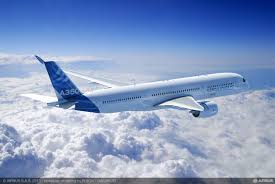Within the aviation industry, Boeing and Airbus continue to dominate the market as the two largest producers of planes in the world. In the face of growing demand for air travel, both firms have increased their dependancy on outsourcing. Currently, Boeing and Airbus combined have an order backlog of over 10,000 planes valued at close to a trillion dollars. However with the forecast of output increasing by a quarter in the next ten years, increasing pressure has been placed on the supply chain manufacturers to keep up with increasing demand while maintaining the quality of their products. With the growing importance of operations in the aerospace market, suppliers have worked to consolidate the supply chain, with larger manufacturers subsuming smaller firms whom would have struggled if they were left financially independent. With only two main players in such a large market, one of the most important factors becomes specialization and efficiency, as there is a heavy reliance on external firms to produce much of the final product. With the continued demand, the power of external suppliers grows and as a result shrinks the margins for Boeing and Airbus. With no foreseeable change in supply chain structure, operations could be seen as the key to maintaining steady profitable growth.
Sources:
http://www.economist.com/news/business/21621851-fixing-one-supply-chain-problem-planemakers-may-be-creating-another-good-parts
http://www.freudenberg.com/en/Press/Pressereleases/Pages/Auftrieb-für-den-Airbus-A350
Image from: http://www.pageresource.com/wallpapers/wallpaper/clouds-sky-dreamline-planes-plane_140814.jpg
